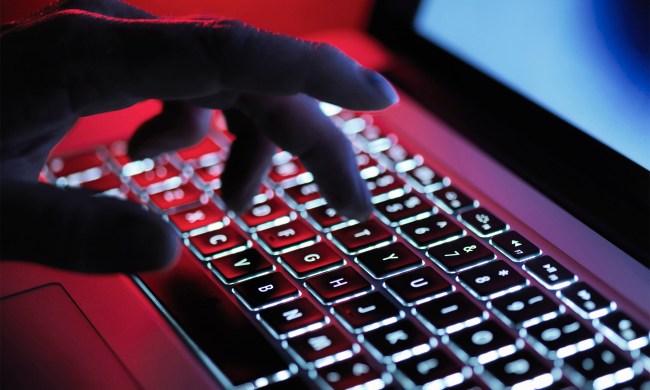Late last week, cybersecurity company Kaspersky started deleting its anti-malware software from computers located in the United States. As a replacement, the company automatically downloaded antivirus software from UltraAV instead.
If you use Kaspersky antivirus software, you may know the Russian company was added to the U.S. government’s Entity List and subjected to a ban on sales and updates within the United States earlier this year. As a result, the company told BleepingComputer in July that it had decided to shut down its U.S. operations and lay off its American employees.
These developments aren’t a secret, but it can’t be said that everyone knew about them, either. As a result, Kaspersky’s sudden and badly explained decision to automatically delete its software came as a surprise to many.
Emails went out at the start of September informing customers that the company had teamed up with UltraAV to provide continued protection for customers even after Kaspersky withdrew from the United States. The emails did not, however, make it clear that this continued protection would be automatically installed on their computers.
For those who didn’t see the email for whatever reason, the transfer came as even more of a shock. Users on Reddit and other forums have been expressing their confusion about the situation along with their distrust of the new UltraAV software. One poster even worried their desktop had been compromised when they woke up to find their Kaspersky antivirus software gone and UltraAV in its place.
This distrust isn’t surprising since little is known about the company other than its connection to multiple VPN brands such as UltraVPN, Hotspot Shield, and Betternet. According to customer reports online, many people are uninstalling UltraAV because of this — and because it appeared on their devices in such an unsettling way.
Kaspersky has since posted an official statement explaining that it took this action to make sure customers “would not experience a gap in protection upon Kaspersky’s exit from the market.” The post also went on to say the company had chosen UltraAV because it offered similar features and products to Kaspersky. For instance, people who used Kaspersky’s VPN service also found UltraVPN installed on their devices.
For a lot of people, the explanation is too little too late and likely won’t stop them from replacing UltraAV with a more well-known antivirus software application.




